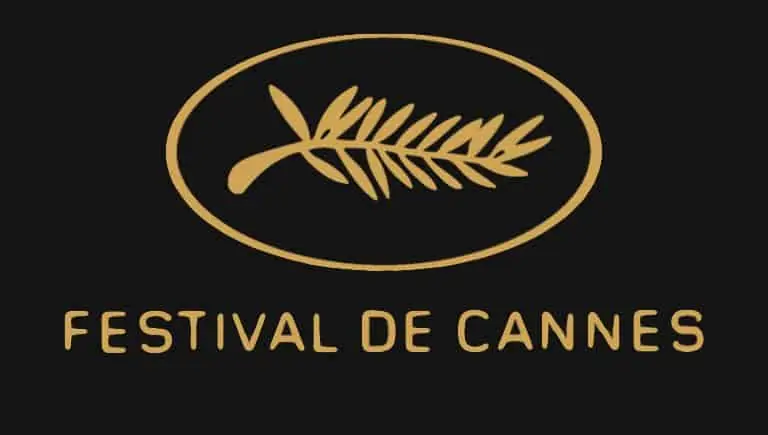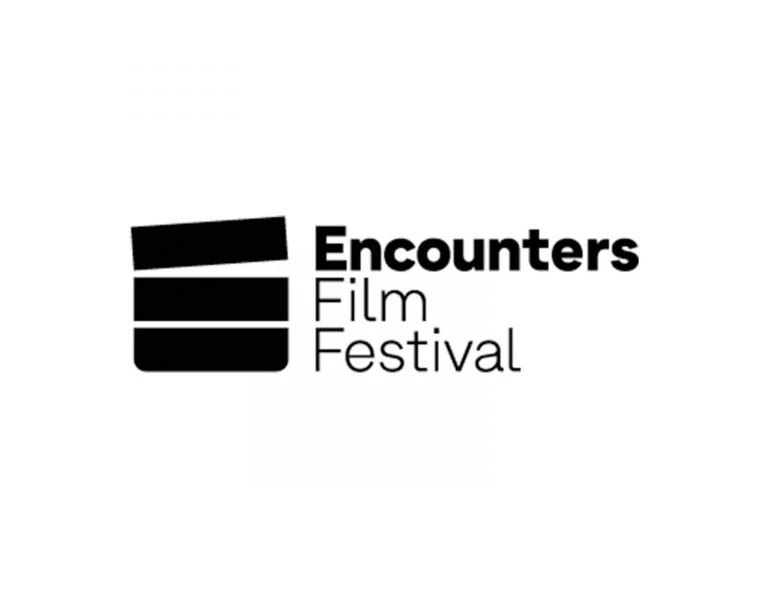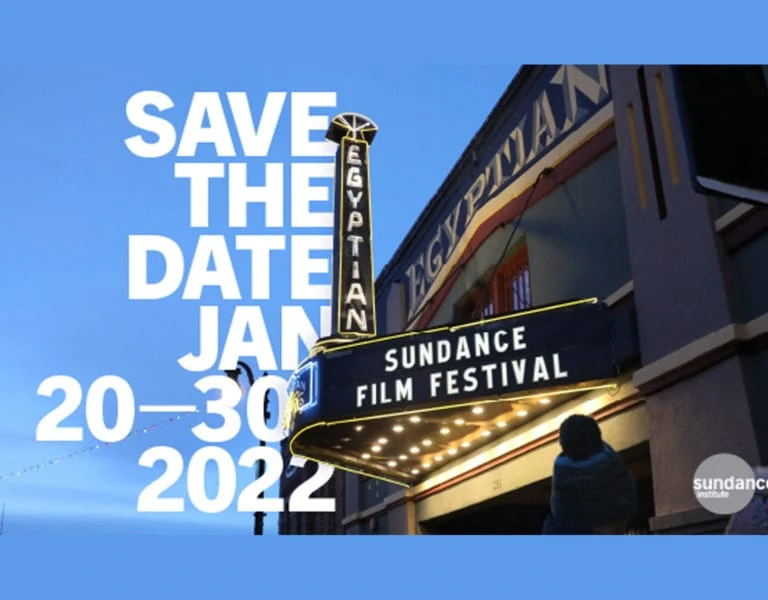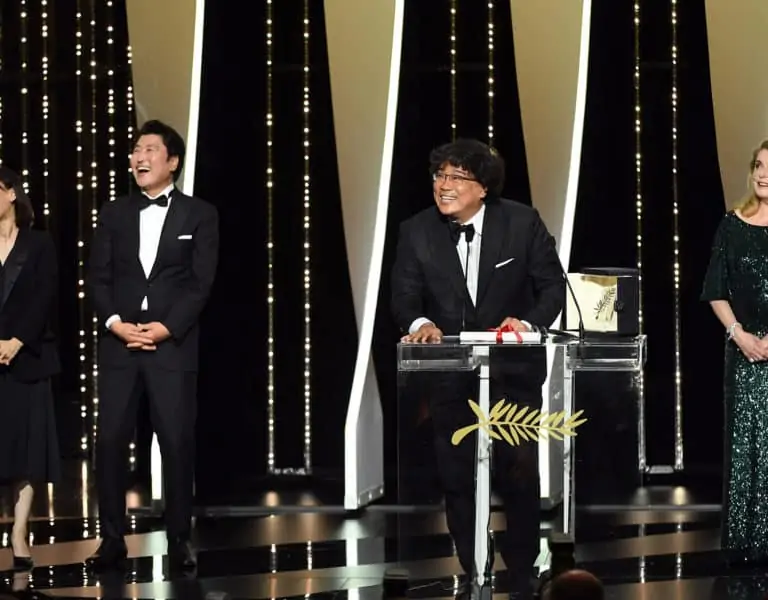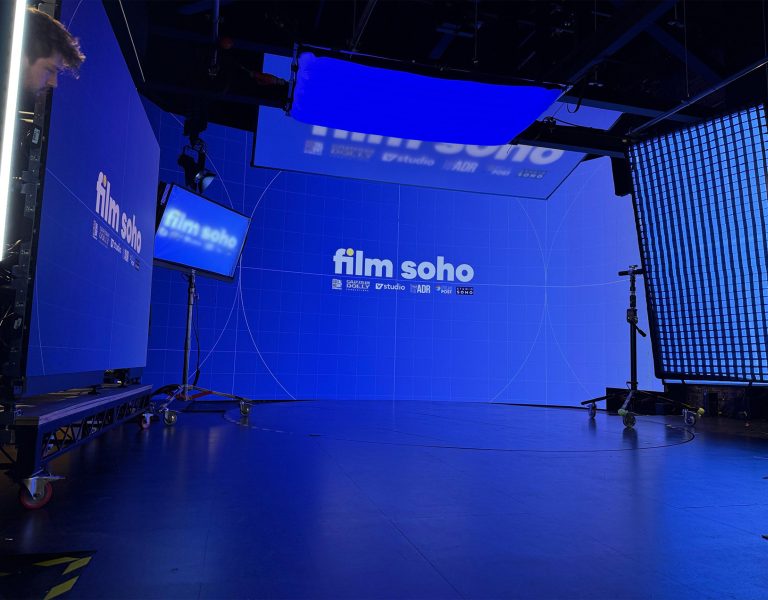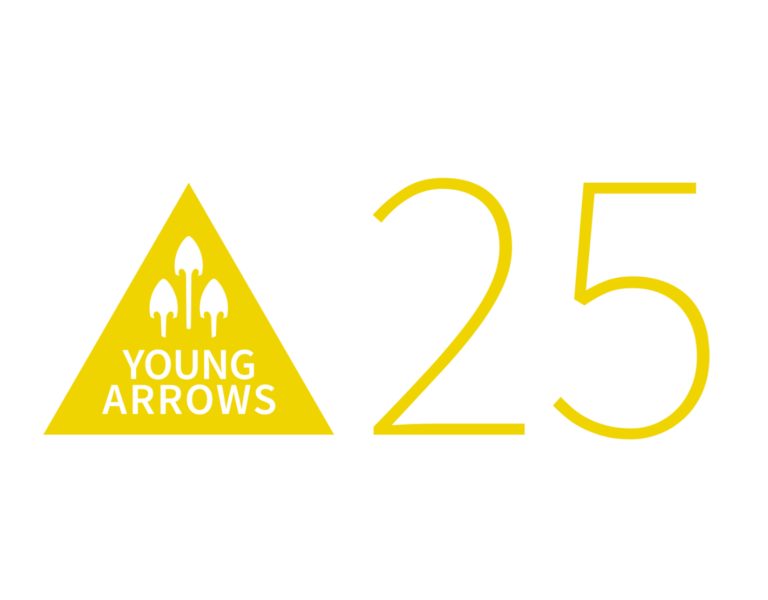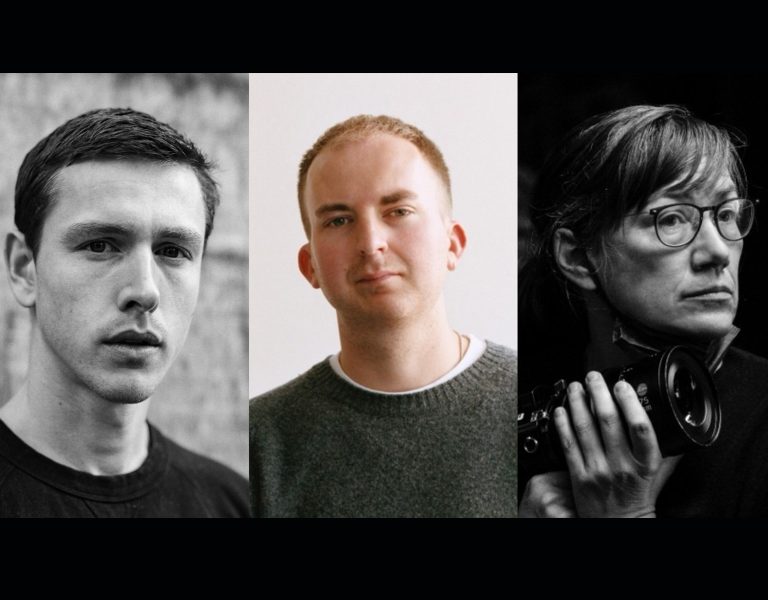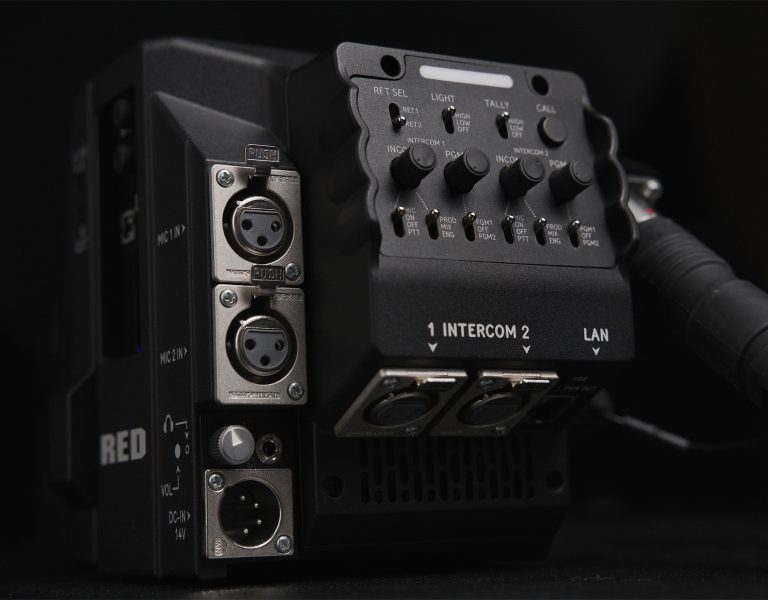The Manaki Brothers Festival ended its 36th year of celebrating cinematography by awarding the Golden Camera 300 to Matyas Erdely HSC for his incredible craftsmanship in shooting the film Son Of Saul. This award, to the Hungarian cinematographer, marked the culmination of the festival where, in ten days of photographic screened excellence, the pendulum had swung encouragingly towards films from central and south eastern Europe.
The Balkans are seldom far from controversy and the press corps covering this charming festival, in Macedonian city of Bitola, was rife with rumours that the jury were experiencing difficulty in agreeing the final result of the main competition. Given the quality of the programme this was hardly surprising. The professional cinematographers present at the screening were unanimous in the opinion that Son Of Saul was the masterpiece of the festival and thoroughly deserved the prestigious Golden Camera 300.
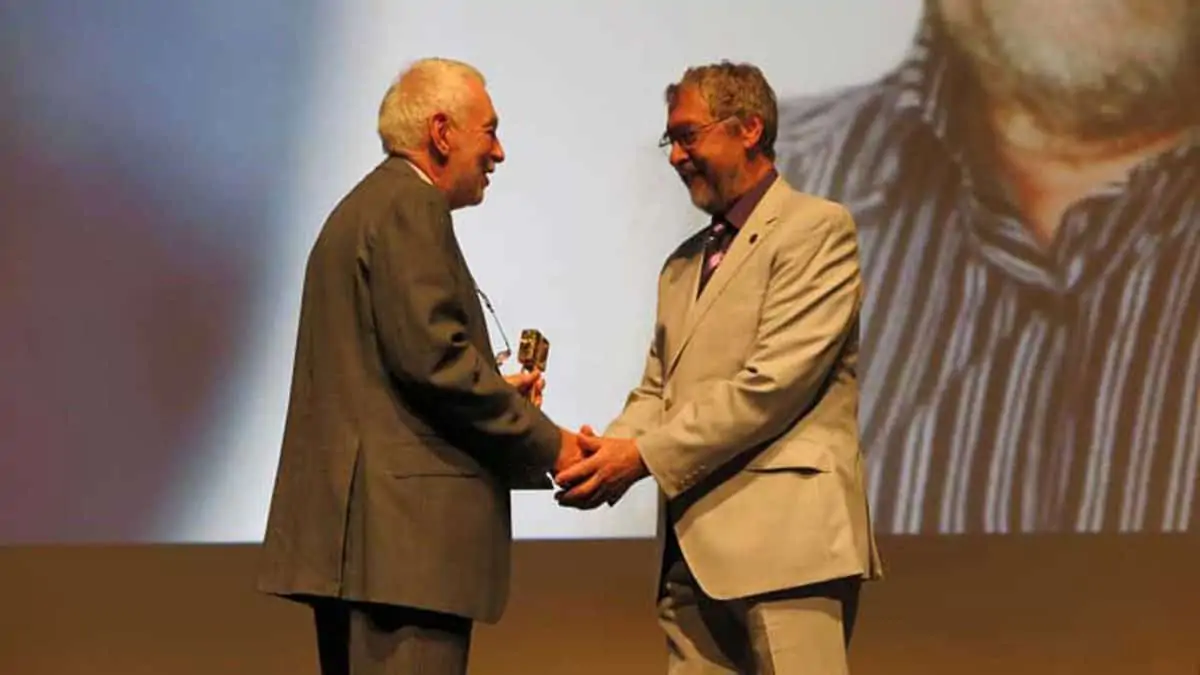
The jury, under their chairman Ryszard Lenczewski PSC, awarded Macbeth the Silver Camera 300, for an evocative visualization by the Australian cinematographer, Adam Arkapaw. The Bronze Award went to the Colombian, Mateo Guzman, for his cinematography on La Tierra y La Sombra. The International festival selector, Blagoja-Kunovski Dore, had chosen well some of the best films available from the recent major European Festivals of Cannes, Venice and Berlin.
The festival traditionally opens with the showing of a Macedonian feature. The film Lazar, unlike some previous Macedonian premiers, thrilled the full audience. It showed high production values, a pointer to the value of being in a co-production with Croatia, Bulgaria and France. The craft values, welded effectively by the director Svetozar Ristovski, augur well for the future of filmmaking in the region. The cinematographer was Dejan Dimeski from Skopje.
Under the encouraging vision of the festival director, Dimitar Nikolov, the SEE CAMERA Program is an innovative introduction in this melting pot of Southeast East Europe culture. The purpose is to promote films from the region. Thankfully the Best Cinematography prize is retained, and the first recipient for 2015 was Milos Sric from Serbia for his skill filming the Slovenian/Austrian co-production The Woods Are Still Green. The inaugural Golden Manaki prize went to the Turkish film Sivas directed by Kaan Mujdeci. The jury in this category were Diomides Nikita, Cyprus, Maja Bogojevic, Montenegro and Miroslav Moncilovic, Serbia. They claimed complete harmony in their decision-making.
A New European Cinema programme has been introduced under Dejan Trajkoski. He describes it as “lyricism, philosophy, an experimental approach, an uncompromising visual expression, critical towards societies and reality, an open-mindedness towards the depths of love, fears”. In short almost anything under the sun!
The Best Film was awarded to the Icelandic Rams which won its director, Grimur Hokanarson a prize of €10,000 euros given by the Hungarian Film Lab towards his next project. Best Cinematographer went to Vasco Viana for the Portuguese film Mountain directed by Joao Salaviza.
The respected Serbian veteran cinematographer and director Bozidar-Bota Nikolic stole the loudest applause on the opening night when presented with his Golden Camera 300 by the Major of Bitola, Vladimir Talevski. In his speech he mentioned film as a collective art and how grateful he was to those who helped him win the award. The Macedonian president, Dr Gjorge Ivanov, presented Bruno Ganz with a special Golden Camera 300 Award for his outstanding contribution to World Cinema Art, about which there was no controversy, only universal pleasure! A similar award was presented to the Russian Actor Aleksey Serebryakov, best known for his monumental performance in Leviathan.
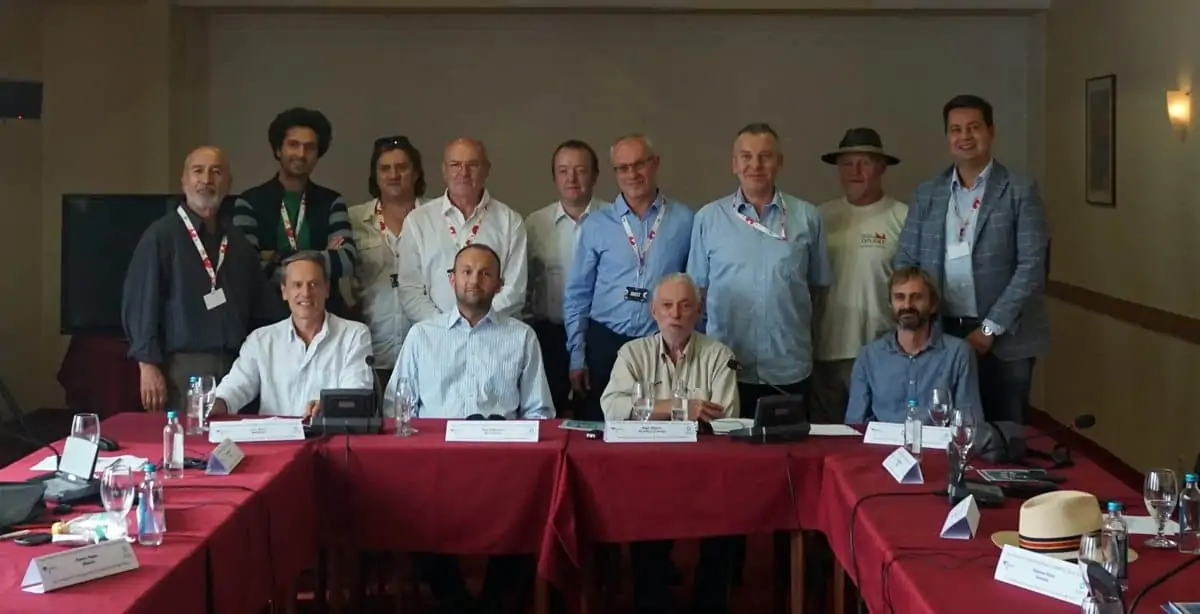
Short films preceded the screening of the thirteen films in main competition. If an applause register had been present the loudest ovation would have been shared for the Small Golden Camera between the outstanding Macedonian films, Pepi I Muto, shot by Dimo Popov and Down From Heaven, by Goran Naumovski. As a jury member it was difficult to separate the excellence of the storytelling by either cinematographer. The award was finally given to the popular Goran Naumovski for the latter. It was presented by Frosina Boshkova responsible for the imaginative VIP Junior Programme. As a result of this sponsored youth programme the children of Bitola are educated to appreciate the craft of the cinematographer. Where else in the world?
The Documentary Programme under the respected guidance of Gena Teodosievska, continues to champion the importance of the genre. A closer overview of the programme timings in future festivals would ensure a greater opportunity to enjoy the wider value of the documentary, important for social and educational development.
Following an invitation error several years ago when two distinguished cinematographers were invited simultaneously and both to some embarrassment replied positively, the Festival Committee have continued the tradition of giving Golden Camera Achievement awards at both the opening and closing ceremonies!
The Laureate, to whom I had the privilege of presenting his Award this year, was the veteran Czech cinematographer Jaromir Sofr ACK, known for his collaboration with his director and friend Jiri Menzel. This resulted in two young men winning an Academy Award in 1966 for Closely Watched Trains. Jaromir has previous contact with the Manaki Festival as president of the jury and winner of the Golden Camera in 2007 for I Served The King of England. In the early days of IMAGO, Jaromir Sofr made an important contribution to the participation of the Czech cinematographers after co-founding the ACK in 1990. A former Head of Cinematography at Famu he addressed the audience with his hope that future audiences would be able to watch quality films correctly digitised. The instruments may alter but the art of filmmaking and cinematographers does not. The Czech Society is instrumental in the fight for recognition of the role the cinematographer should play in digital restoration.
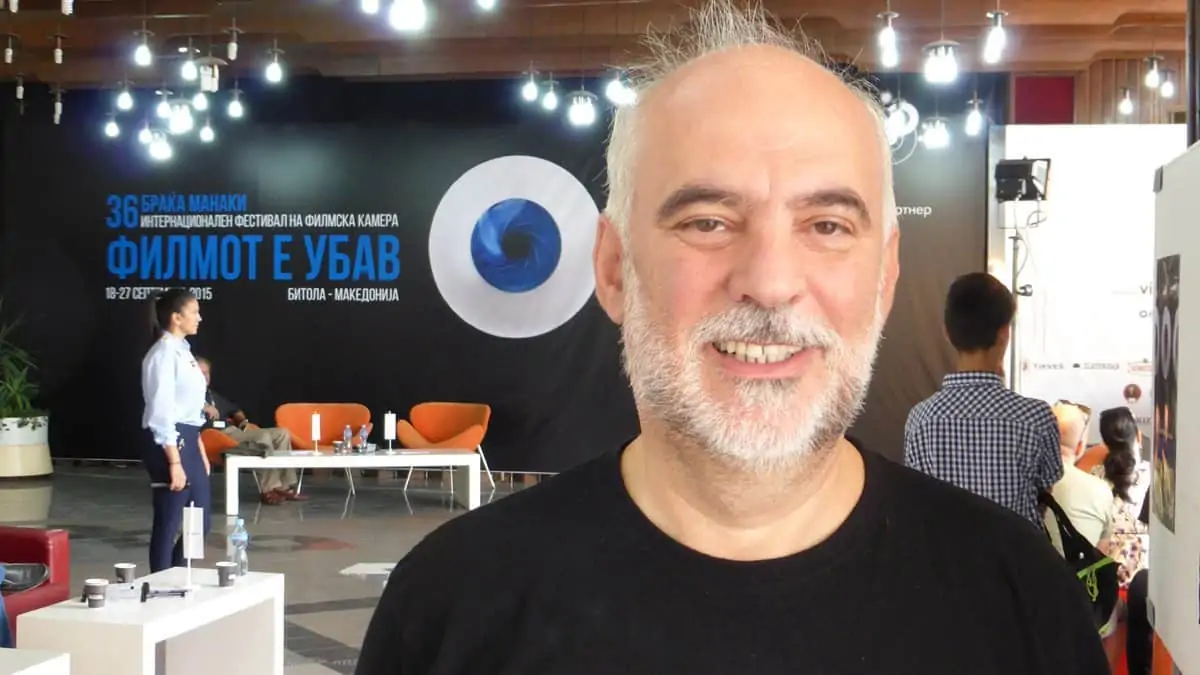
This was a successful festival for cinematographers, the importance of whom the festival is determined to retain as its fundamental core. This year workshops were given by Deborah van Dam, a Dutch filmmaker, masterclasses by Milcho Manchevski, the Manaki Script Lab continues in collaboration with the TorinoFilmLab, Sony gave a presentation of 4K cinematography, and the ACK, with president Marek Jicha, supported by Jaromir Sofr, illustrated their progress on their digitising system. Various presentations, exhibitions and entertainment augmented the festival programme. When the restored cinema of the Manaki Brothers, burnt down in 1927, is completed in 2016 , Bitola will boast four theatres, meters apart, all showing 2K projection, with a seating capacity of 1,200.
Balkan Conference
IMAGO held the Fourth Balkan Conference of Cinematographers, featuring the topic of the future of 4K technology in regional filmmaking. It was attended by delegates from Macedonia, Bulgaria, Slovenia, Albania, Serbia and Croatia. A visiting guest cinematographer from Kosovo, Afrim Spahiu, was invited to address the delegates on the issues and problems affecting the few cinematographers in his country. An informed and independent view on the challenges to be faced by new technology was valued from the Sony representative from Sofia, Djorde Djukanovic.
IMAGO is also grateful for the participation of Tomi Salkovski SFS; Dimo Popov SFS president; Pedrag Bambic SAS president; Milos Spasojevic SAS vice president; Piro Milkani, Albania, Silvestar Kolbas, Croatia, Valentin Perko, Slovenia, Simon Tansek Slovenia President, Ivan Tonev, BAC president, IMAGO vice-president. Attending also were Ryszard Lenczewski PSC and Bozidar-Bota Nikolic, Serbia, and the Iranian cinematographer Morteza Gheidi who had the film Nahid in main competition.
The conference delegates were welcomed by the new Manaki festival director, Dimitar Nikola, whose vision augurs well for the future of Manaki Bros Festival. He is determined to establish a platform of excellence to meet the challenges of the many crafts of filmmaking in the Balkans. His aim is to stimulate existing and future filmmakers by forging a strong relationship between the Balkan countries. In this goal IMAGO is proud to be playing a role.
The Manaki Brothers, Yanaki and Milton, can rest in peace assured that the oldest festival for cinematographers remains in caring hands. Milton is buried in Bitola, Macedonia, and Yanaki near Thessanonika, Greece. Brothers united in the spirit created in Bitola from their pioneering cinematography.
